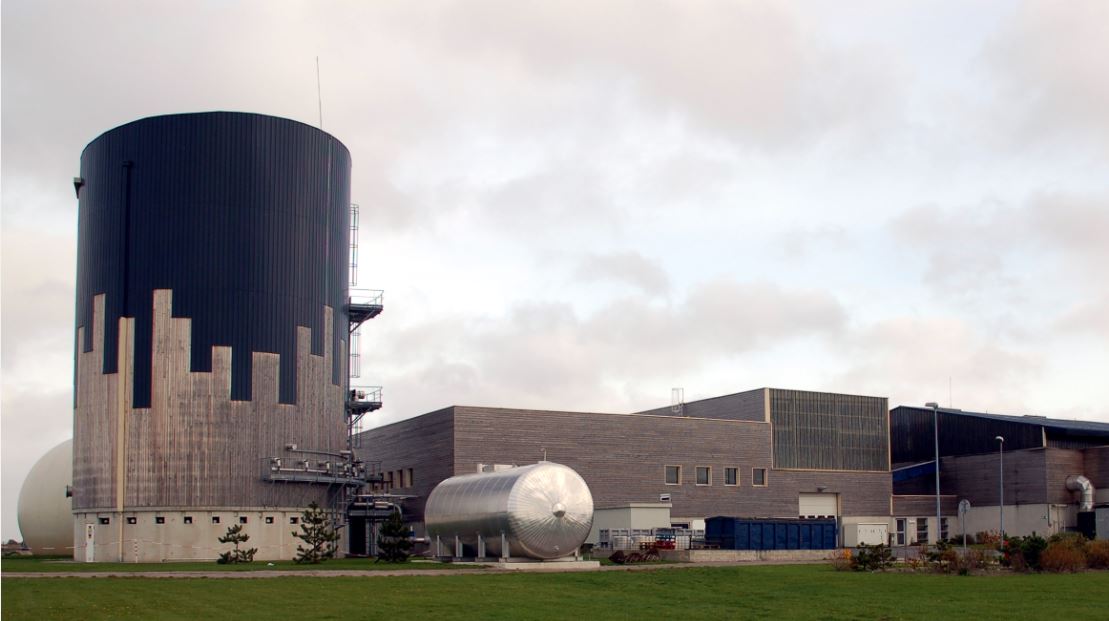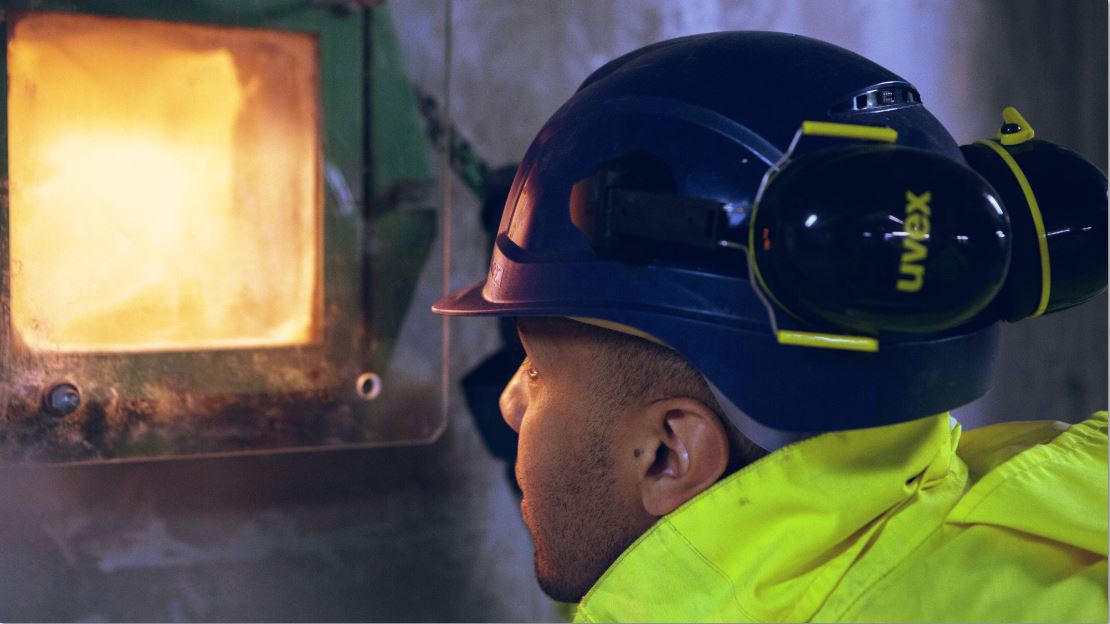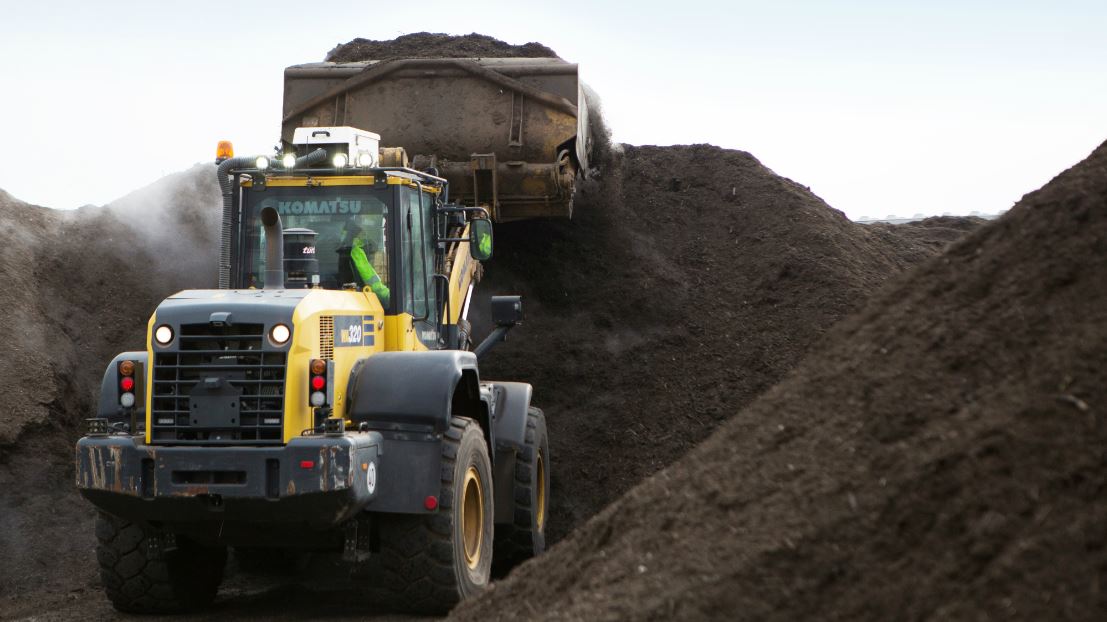Our missions
The Urbaser Environnement engineering and technician teams design and build turnkey waste treatment facilities, regardless of the technology, for both public and private sector customers.
Design
Always attentive to customer needs, we design our facilities with their requirements in terms of performance, reduced environmental impact, aesthetic criteria, and pedagogical approach, etc. in mind.
This calls for highly specialised engineers and technicians in the fields of process engineering, civil engineering, mechanics, automation, computer-aided drawing, commissioning, and project management.
Construction
Our teams rely on maintaining an ongoing dialogue with teams on the ground responsible for construction and operations in order to design your facilities within an operations rationale.
Operation
Urbaser Environnement is specialised in the management and operation of waste treatment facilities, regardless of the technology, within the scope of a Public Service Delegation, a Public Private Partnership, public procurement contracts, or service agreements.
We offer our customers a wide range of facility management services, from consulting to the provision of services, to the financing, the construction, and the operation of their facilities.
Financial engineering
Study and financial analysis for project set-up within the scope of DSP or PPP.
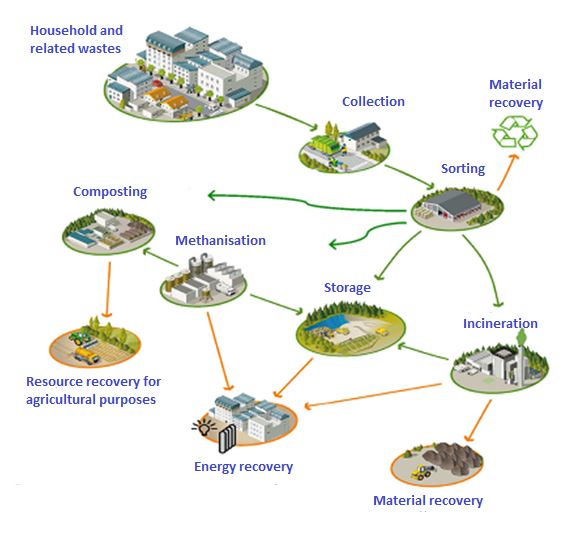
Cleansing - Collection

Cleansing
Every day, Urbaser Environnement is at work in cities and population centres to improve the living environments of our fellow citizens. Our qualified staff and a fleet of vehicles ensure public spaces are maintained in a state of cleanliness (footways, streets, green spaces, beaches, etc.).
Urbaser Environnement offers a complete range of solutions :
- Cleansing and washing of streets, footways, markets, parks, gardens, beaches
- Seasonal and ad hoc services: removal of dead leaves, salting,
- Emergency services: removal of hazardous waste, removal of illegal dumping, etc.
- Blasting and rehabilitation of degraded surfaces and soils, washing of urban fixtures, cleansing of monuments, graffiti removal,
We notably manage sanitation for 16 boroughs (arrondissements) in the city of Paris and cleansing of the city and beaches for the city of la Ciotat.
Collection
Urbaser ensures daily waste collection for 40 million people across 4 continents.
Today’s waste collection addresses the environmental, societal, economic, regulatory, and political challenges of tomorrow.
In an unstable economic environment, we offer adapted and optimised solutions that take the needs of communities as well as of their constituents into account. We believe in the importance of streamlining collection services by maintaining a high level of quality for inhabitants by implementing simple and effective solutions for enhanced collection organisation and scheduling, notably by improving collection circuits (reduction of black spots, reverse gear, etc.). The systematic use of next generation equipment reduces the environmental impact and noise pollution for fellow citizens.
Urbaser Environnement provides collection services whether classical, lateral, automatic, or pneumatic waste collection.
Our equipment are all fitted with geolocation and in-cabin weighing devices.
Urbaser Environnement proposes custom solutions with electronic management of container loading rates.
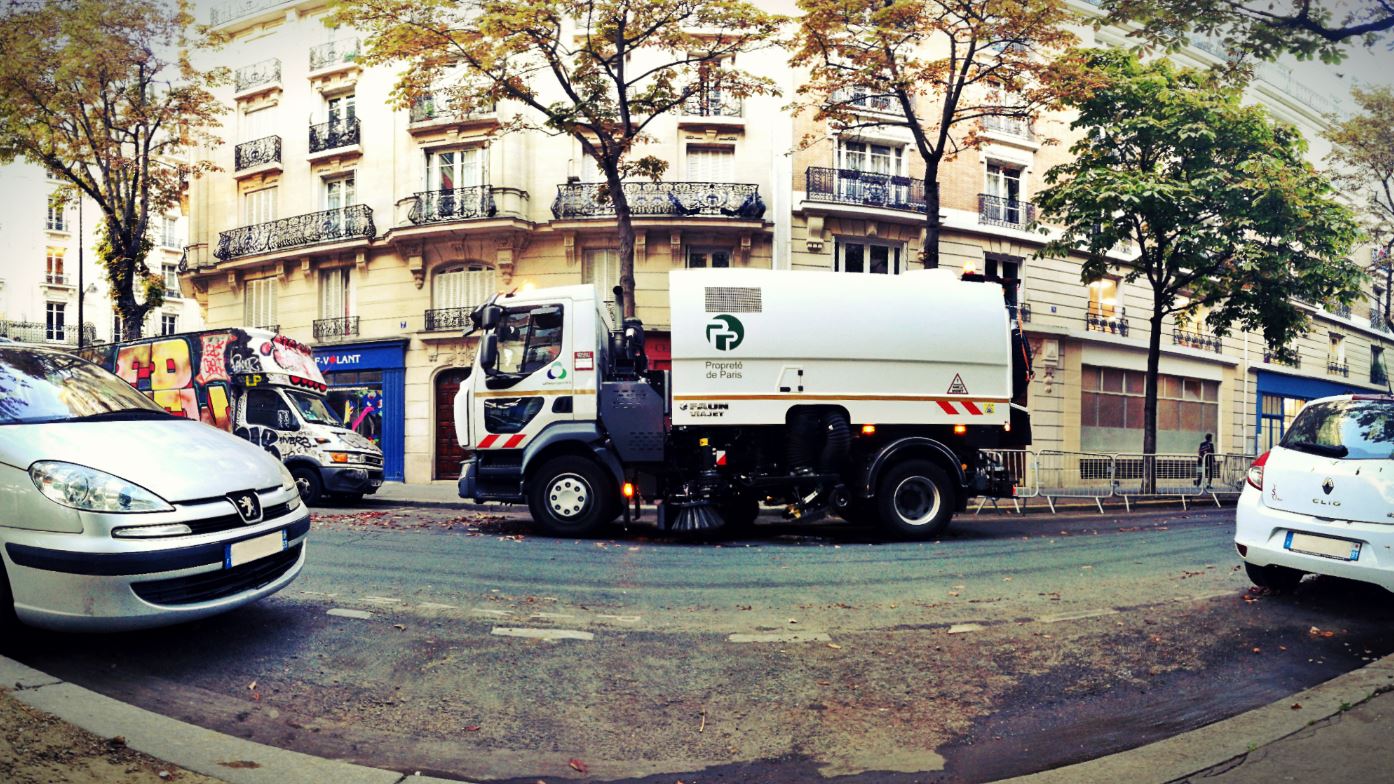
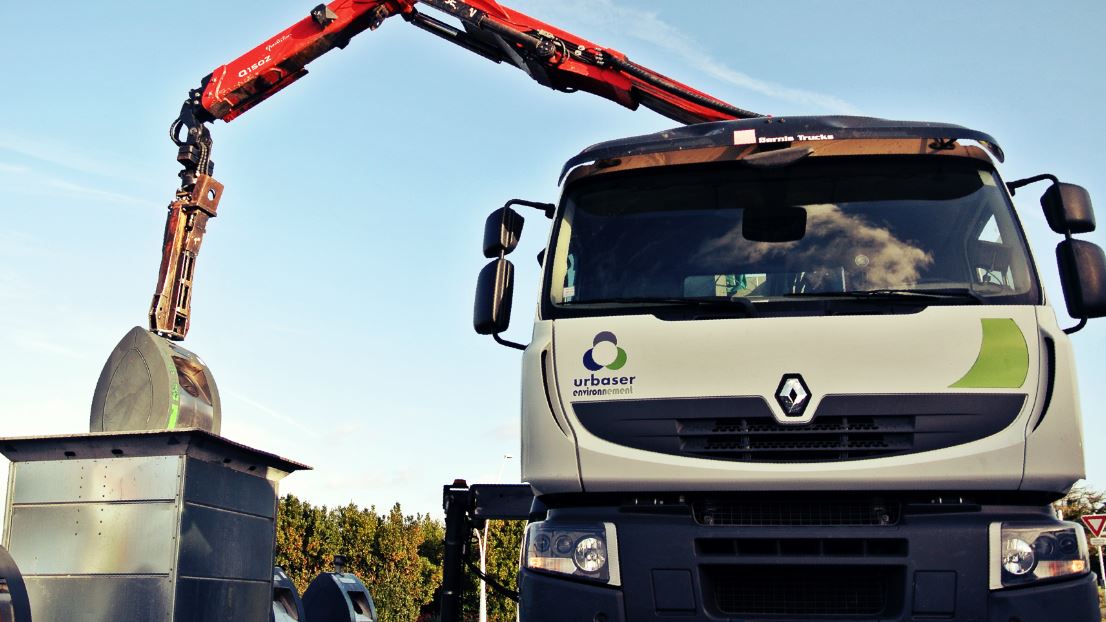
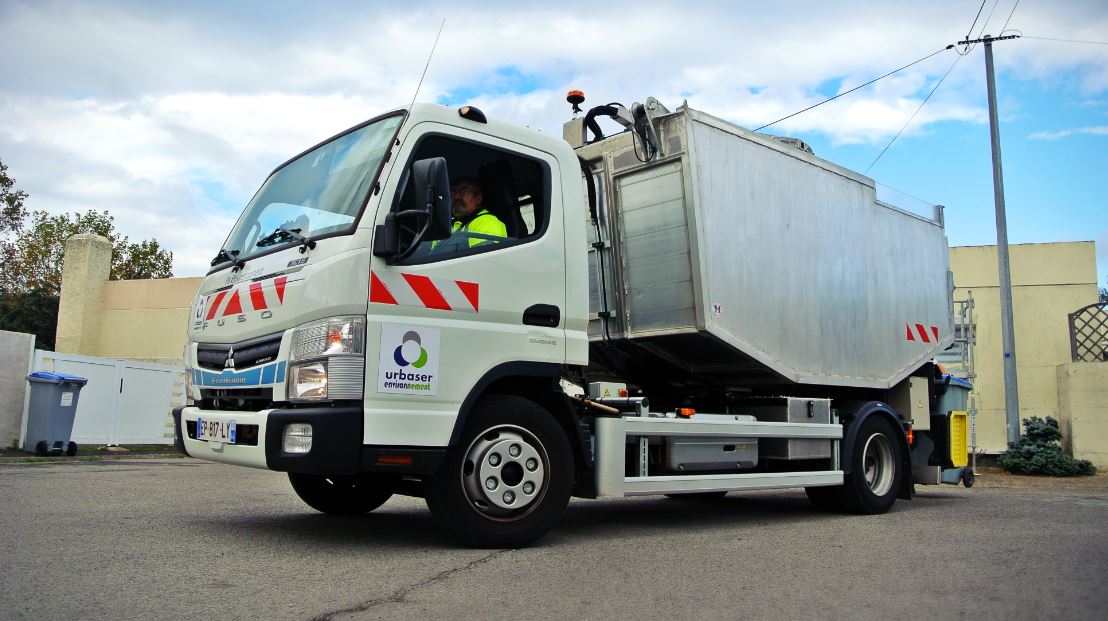
Waste Recovery
Urbaser Environnement is widely recognised for its expertise in implementing household waste recovery solutions to maximize the organic, energy, and material recovery potential of the different fractions contained in our household waste. Environmental impacts at our facilities are fully managed to ensure their perfect integration in sensitive environments. Urbaser Environnement distinguished itself when it created the first multi-utility facility in Fos sur Mer for the treatment of the household waste of Marseille Provence Métropole, capable of separately recovering the different fractions contained in household waste within the same facility. In total control of its different processes, Urbaser Environnement can adapt to regulatory changes and duly acknowledge project owner needs.
Urbaser Environnement is an expert in the different technologies described below both as the designer and the operator. These technologies contribute to achieving the objectives of the public policy from the French “Grenelle de l’Environment”, that is, to reach the 20% renewable energy target in 2020.
Our technical solutions:
Recycling:
Sizing, manual sorting, magnetic separation, and compaction are the principal operations involved in sorting selective collection in order to recover clean and dry packaging. These operations take place in hermetically closed buildings.
Incineration
This process can be applied to bulk collected household waste or to the fraction with the high calorific value contained in household waste. In this last case, the incineration process becomes complementary to a biological treatment unit processing the biodegradable fraction.
Storage
The Directive dated 26 April 1999 on the landfill of waste that states that between 1995 and 2015, the amount of biodegradable municipal waste going to landfill must be reduced by two-thirds, requires installing a biological pre-processing unit upstream. This directive puts a new development in controlled storage facility management into perspective.
Methanisation:
Methanisation is the decomposition of the organic matter contained in waste in an anaerobic environment.This decomposition, which occurs in several stages using specific bacteria and under specific conditions, notably of very precise temperatures, includes the production of a methane-rich biogas.
This technology is a relevant solution for the treatment of the biodegradable fraction contained in household waste (kitchen and garden waste, paper, cardboard) to the extent that this fraction represents 50 to 55% of that waste.The organic waste degradation process results in:
- Producing energy in the form of biogas with a methane content of 55%
- Producing a hygienic and stable compost with the qualities of a recoverable organic amendment
In the case of a bulk or biowaste collection, methanisation requires implementing an upstream sorting unit to separate the organic fraction (compostable waste, paper, and cardboard) from the other constituent materials. And, downstream, an aerobic maturation unit in order to complete treatment of the digestate (organic matter digested after 3 weeks).
The advantages of methanisation:
- Production of biogas, a recoverable renewable energy,
- Production of a recoverable organic amendment,
- Reduced physical footprint,
- Purchase price of green electricity increased by 50% since July 2006,
- Reduction of environmental impacts.
In the 1980s, Valorga International, part of Urbaser Environnement, developed a dry methanisation process called the “Valorga process”.
Aerobic composting:
We have developed several aerobic composting solutions using technologies adapted to waste type and quality.
- Aerated tunnel composting (static)
- Windrow composting (dynamic)
- Box composting (dynamic)
- Biodrying
The composting technology can either treat the organic fraction contained in the waste after sorting or further treat the digestate after methanisation.
Composting corresponds to a biological deterioration of organic matter in the presence of oxygen through the combined action of different bacterial populations. Raising the temperature by 60 to 70°C during the several weeks of biological deterioration produces a hygienic and stable compost with the qualities of a recoverable organic amendment.
